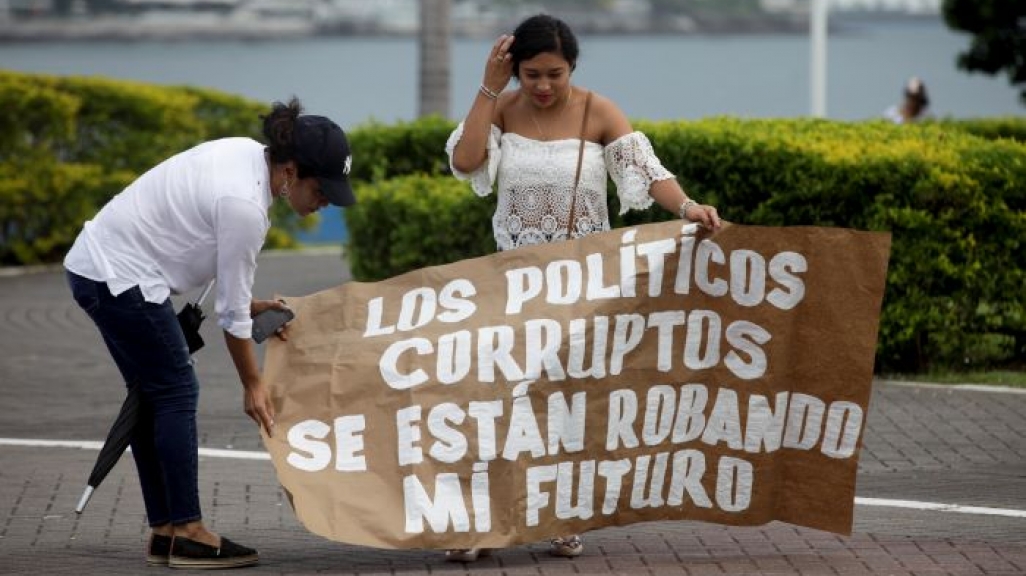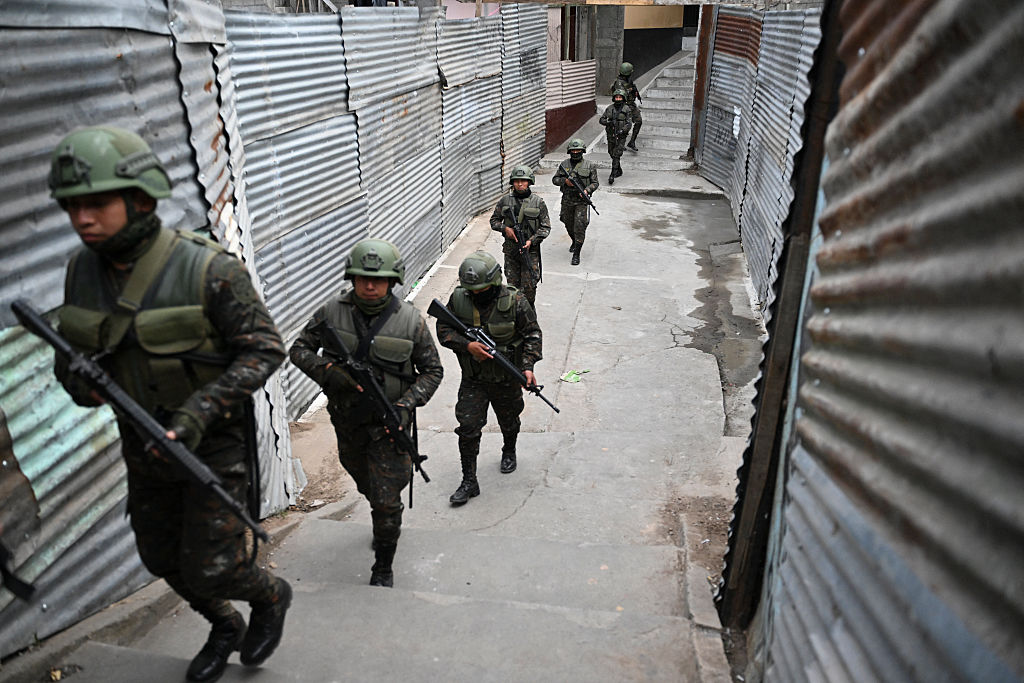Latin America Was Making Progress Fighting Corruption. Now Impunity Is Roaring Back.
Latin America Was Making Progress Fighting Corruption. Now Impunity Is Roaring Back.
"The risk is that the region will return to a status quo," write AS/COA's Brendan O'Boyle and Brian Winter in The Washington Post.
Five years ago, everything changed in Latin America — or so it seemed.
Investigations into a money-laundering operation in Brazil beginning in 2014 revealed a massive bribery scheme involving energy and construction companies. The "Car Wash" scandal saw dozens jailed and billions of dollars in fines — and implicated politicians in Argentina, Colombia, Peru and beyond. At about the same time in Chile, an influence-peddling scandal involving the president's son rocked the establishment there. Also in 2014, Guatemalan prosecutors began working with a U.N.-backed anti-corruption agency on a case that would spark mass protests and the resignation and imprisonment of the president.
What followed was an unprecedented crackdown on entrenched corruption that touched nearly every country in the region. Many who study Latin America saw the developments as signs of progress — the fruits of strengthening democracies and an informed middle class.
Today, however, the anti-corruption movement is losing momentum, with several recent setbacks for prosecutors and judges across the region. In Guatemala, authorities dismantled the U.N. body investigating corruption and blocked a popular former attorney general from running for president. In Brazil, leaks of private messages between prosecutors and then-federal judge Sérgio Moro have reinforced fears of political bias in corruption investigations. Polarized politics are also hampering reform efforts in Colombia, where Congress failed to approve a raft of anti-corruption reforms endorsed by almost 12 million people in a 2018 referendum.
The risk is that the region will return to a status quo where impunity is accepted as the norm. So how can corruption fighters across Latin America ensure the movement isn’t derailed? Reforms — and stronger institutions — seem to be the answer. In the latest issue of Americas Quarterly, we consulted with legal experts to analyze 10 different policies, laws and strategies, looking at where they’ve been tried and whether they effectively prevent and combat corruption...









